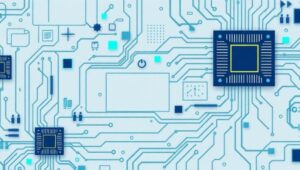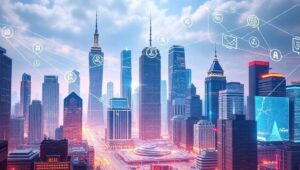Computing and the Future of Democracy (2028 Considerations)
Computing and the Future of Democracy (2028 Considerations) As we approach 2028, the intersection of computing and democracy presents both unprecedented opportunities and significant challenges. This article examines key considerations for safeguarding and enhancing democratic processes in an increasingly digital world. The Promise of Technology Computing technologies offer powerful tools for civic engagement, information access, and government transparency: E-governance: Online platforms streamline interactions between citizens and government, enhancing efficiency and accessibility. Data Analytics: Governments can leverage data analytics to understand public needs and tailor policies effectively. Online Deliberation: Digital forums can facilitate informed discussions and consensus-building on important issues. The












